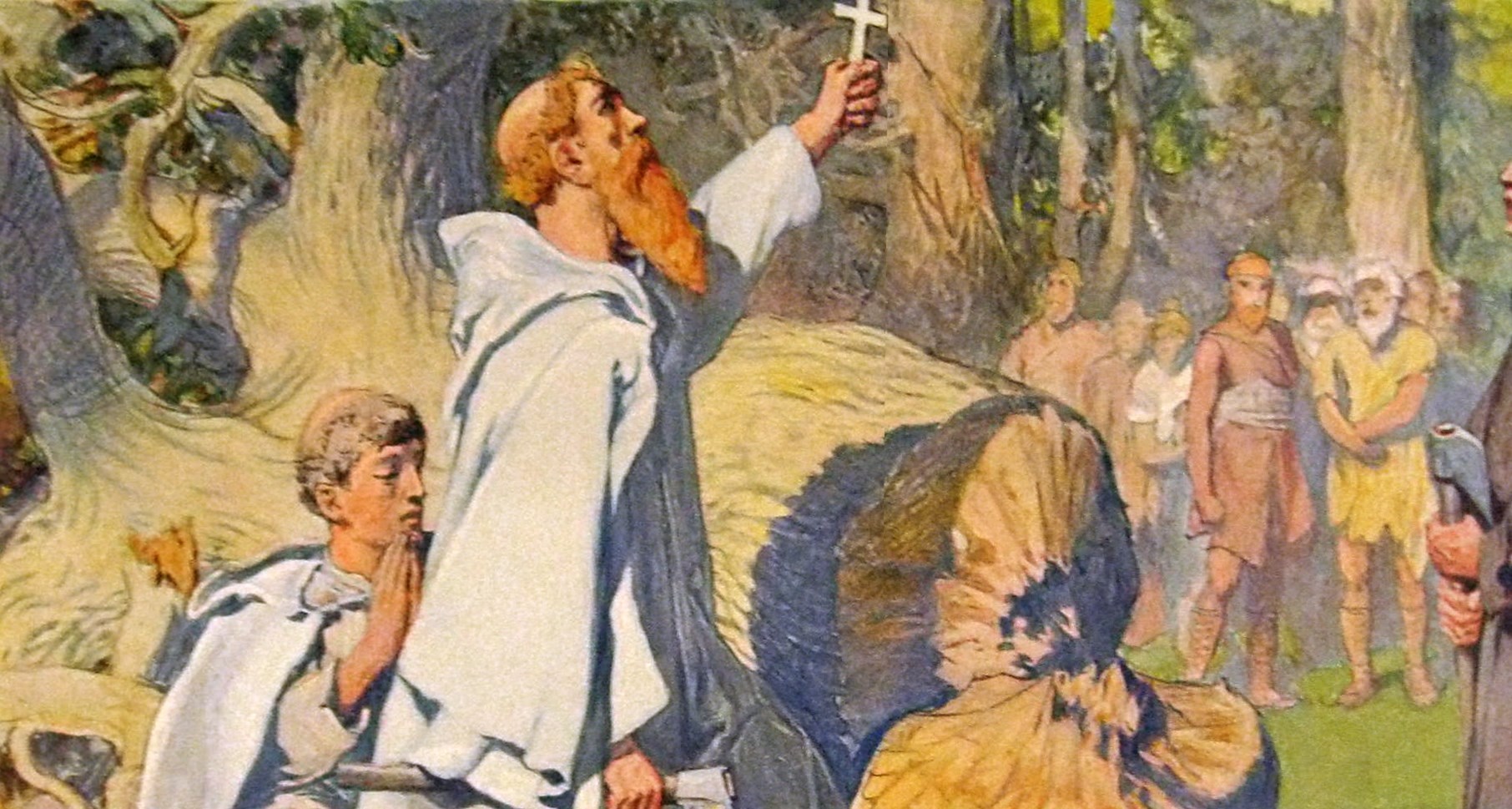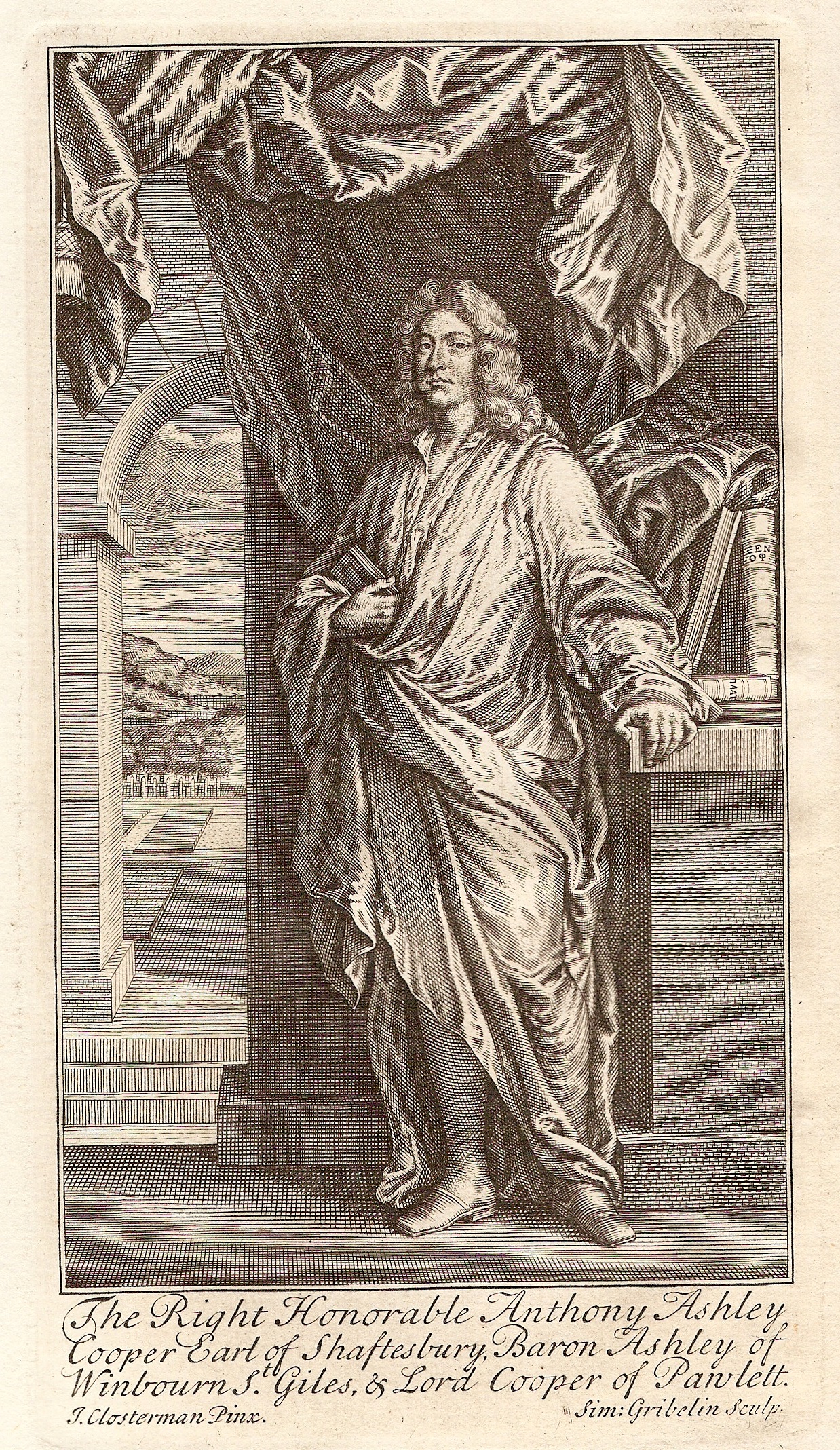|
Nature Worship
Nature worship, also called naturism or physiolatry, is any of a variety of religious, spiritual and devotional practices that focus on the worship of a nature deity, considered to be behind the natural phenomena visible throughout nature. A nature deity can be in charge of nature, a place, a biotope, the biosphere, the cosmos, or the universe. Nature worship is often considered the primitive source of modern religious beliefs and can be found in animism, pantheism, panentheism, polytheism, deism, totemism, shamanism, Taoism, Hinduism, some theism and paganism including Wicca. Common to most forms of nature worship is a spiritual focus on the individual's connection and influence on some aspects of the natural world and reverence towards it. Due to their admiration of nature, the works of Edmund Spenser, Anthony Ashley-Cooper and Carl Linnaeus were viewed as nature worship. In the Western world Paganism in Europe In ancient European paganism, the deification of natural for ... [...More Info...] [...Related Items...] OR: [Wikipedia] [Google] [Baidu] |
Hinduism
Hinduism () is an Hypernymy and hyponymy, umbrella term for a range of Indian religions, Indian List of religions and spiritual traditions#Indian religions, religious and spiritual traditions (Sampradaya, ''sampradaya''s) that are unified by adherence to the concept of ''dharma'', a Ṛta, cosmic order maintained by its followers through rituals and righteous living, as expounded in the Vedas. The word ''Hindu'' is an exonym, and while Hinduism has been called the oldest religion in the world, it has also been described by the modern term ''Sanātana Dharma'' () emphasizing its eternal nature. ''Vaidika Dharma'' () and ''Arya dharma'' are historical endonyms for Hinduism. Hinduism entails diverse systems of thought, marked by a range of shared Glossary of Hinduism terms, concepts that discuss God in Hinduism, theology, Hindu mythology, mythology, among other topics in Hindu texts, textual sources. Hindu texts have been classified into Śruti () and Smṛti (). The major Hin ... [...More Info...] [...Related Items...] OR: [Wikipedia] [Google] [Baidu] |
Poseidon
Poseidon (; ) is one of the twelve Olympians in ancient Greek religion and mythology, presiding over the sea, storms, earthquakes and horses.Burkert 1985pp. 136–139 He was the protector of seafarers and the guardian of many Hellenic cities and colonies. In pre-Olympian Bronze Age Greece, Poseidon was venerated as a chief deity at Pylos and Thebes, with the cult title "earth shaker"; in the myths of isolated Arcadia, he is related to Demeter and Persephone and was venerated as a horse, and as a god of the waters.Seneca quaest. Nat. VI 6 :Nilsson Vol I p.450 Poseidon maintained both associations among most Greeks: he was regarded as the tamer or father of horses, who, with a strike of his trident, created springs (the terms for horses and springs are related in the Greek language).Nilsson Vol I p.450 His Roman equivalent is Neptune. Homer and Hesiod suggest that Poseidon became lord of the sea when, following the overthrow of his father Cronus, the world was divided ... [...More Info...] [...Related Items...] OR: [Wikipedia] [Google] [Baidu] |
The Celtic God Of The Sea And The Broigher Gold - Geograph
''The'' is a grammatical article in English, denoting nouns that are already or about to be mentioned, under discussion, implied or otherwise presumed familiar to listeners, readers, or speakers. It is the definite article in English. ''The'' is the most frequently used word in the English language; studies and analyses of texts have found it to account for seven percent of all printed English-language words. It is derived from gendered articles in Old English which combined in Middle English and now has a single form used with nouns of any gender. The word can be used with both singular and plural nouns, and with a noun that starts with any letter. This is different from many other languages, which have different forms of the definite article for different genders or numbers. Pronunciation In most dialects, "the" is pronounced as (with the voiced dental fricative followed by a schwa) when followed by a consonant sound, and as (homophone of the archaic pronoun ''thee'') ... [...More Info...] [...Related Items...] OR: [Wikipedia] [Google] [Baidu] |
Nerthus
In Germanic paganism, Nerthus is a goddess associated with a ceremonial wagon procession. Nerthus is attested by first century A.D. Roman historian Tacitus in his ethnographic work ''Germania''. In ''Germania'', Tacitus records that a group of Germanic peoples were particularly distinguished by their veneration of the goddess. Tacitus describes the wagon procession in some detail: Nerthus's cart is found on an unspecified island in the "ocean", where it is kept in a sacred grove and draped in white cloth. Only a priest may touch it. When the priest detects Nerthus's presence by the cart, the cart is drawn by heifers. Nerthus's cart is met with celebration and peacetime everywhere it goes, and during her procession no one goes to war and all iron objects are locked away. In time, after the goddess has had her fill of human company, the priest returns the cart to her "temple" and slaves ritually wash the goddess, her cart, and the cloth in a "secluded lake". According to Tacitus, ... [...More Info...] [...Related Items...] OR: [Wikipedia] [Google] [Baidu] |
Thor
Thor (from ) is a prominent list of thunder gods, god in Germanic paganism. In Norse mythology, he is a hammer-wielding æsir, god associated with lightning, thunder, storms, sacred trees and groves in Germanic paganism and mythology, sacred groves and trees, Physical strength, strength, the protection of humankind, hallowing, and fertility. Besides Old Norse , the deity occurs in Old English as , in Old Frisian as ', in Old Saxon as ', and in Old High German as , all ultimately stemming from the Proto-Germanic theonym , meaning 'Thunder'. Thor is a prominently mentioned god throughout the recorded history of the Germanic peoples, from the Roman Empire, Roman occupation of regions of , to the Germanic expansions of the Migration Period, to his high popularity during the Viking Age, when, in the face of the process of the Christianization of Scandinavia, emblems of his hammer, , were worn and Norse paganism, Norse pagan personal names containing the name of the god bear witness ... [...More Info...] [...Related Items...] OR: [Wikipedia] [Google] [Baidu] |
Celts
The Celts ( , see Names of the Celts#Pronunciation, pronunciation for different usages) or Celtic peoples ( ) were a collection of Indo-European languages, Indo-European peoples. "The Celts, an ancient Indo-European people, reached the apogee of their influence and territorial expansion during the 4th century BC, extending across the length of Europe from Britain to Asia Minor."; . "[T]he Celts, were Indo-Europeans, a fact that explains a certain compatibility between Celtic, Roman, and Germanic mythology."; . "The Celts and Germans were two Indo-European groups whose civilizations had some common characteristics."; . "Celts and Germans were of course derived from the same Indo-European stock."; . "Celt, also spelled Kelt, Latin Celta, plural Celtae, a member of an early Indo-European people who from the 2nd millennium bce to the 1st century bce spread over much of Europe." in Europe and Anatolia, identified by their use of Celtic languages and other cultural similarities.. "C ... [...More Info...] [...Related Items...] OR: [Wikipedia] [Google] [Baidu] |
Carl Linnaeus
Carl Linnaeus (23 May 1707 – 10 January 1778), also known after ennoblement in 1761 as Carl von Linné,#Blunt, Blunt (2004), p. 171. was a Swedish biologist and physician who formalised binomial nomenclature, the modern system of naming organisms. He is known as the "father of modern Taxonomy (biology), taxonomy". Many of his writings were in Latin; his name is rendered in Latin as and, after his 1761 ennoblement, as . Linnaeus was the son of a curate and was born in Råshult, in the countryside of Småland, southern Sweden. He received most of his higher education at Uppsala University and began giving lectures in botany there in 1730. He lived abroad between 1735 and 1738, where he studied and also published the first edition of his ' in the Netherlands. He then returned to Sweden where he became professor of medicine and botany at Uppsala. In the 1740s, he was sent on several journeys through Sweden to find and classify plants and animals. In the 1750s and 1760s, he co ... [...More Info...] [...Related Items...] OR: [Wikipedia] [Google] [Baidu] |
Anthony Ashley-Cooper, 3rd Earl Of Shaftesbury
Anthony Ashley Cooper, 3rd Earl of Shaftesbury (26 February 1671 – 16 February 1713) was an English peer, Whig politician, philosopher and writer. Early life He was born at Exeter House in London, the son and first child of the future Anthony Ashley Cooper, 2nd Earl of Shaftesbury and his wife Lady Dorothy Manners, daughter of John Manners, 8th Earl of Rutland. Letters sent to his parents reveal emotional manipulation attempted by his mother in refusing to see her son unless he cut off all ties to his sickly and secluded father. At the age of three Ashley-Cooper was made over to the formal guardianship of his grandfather Anthony Ashley Cooper, 1st Earl of Shaftesbury. John Locke, as medical attendant to the Ashley household, was entrusted with the supervision of his education. It was conducted according to the principles of Locke's ''Some Thoughts Concerning Education'' (1693), and the method of teaching Latin and Greek conversationally was pursued by his instructress ... [...More Info...] [...Related Items...] OR: [Wikipedia] [Google] [Baidu] |
Edmund Spenser
Edmund Spenser (; – 13 January 1599 Old Style and New Style dates, O.S.) was an English poet best known for ''The Faerie Queene'', an epic poem and fantastical allegory celebrating the House of Tudor, Tudor dynasty and Elizabeth I. He is recognized as one of the premier craftsmen of nascent Modern English verse, and he is considered one of the great poets in the English language. Life Edmund Spenser was born in East Smithfield, London, around the year 1552; however, there is still some ambiguity as to the exact date of his birth. His parentage is obscure, but he was probably the son of John Spenser, a journeyman clothmaker. As a young boy, he was educated in London at the Merchant Taylors' School, Northwood, Merchant Taylors' School and matriculated as a sizar at Pembroke College, Cambridge. While at Cambridge he became a friend of Gabriel Harvey and later consulted him, despite their differing views on poetry. In 1578, he became for a short time secretary to John Young (bis ... [...More Info...] [...Related Items...] OR: [Wikipedia] [Google] [Baidu] |
Deference
Deference (also called submission or passivity) is the condition of submitting to the espoused, legitimate influence of one's superior or superiors. Deference implies a yielding or submitting to the judgment of a recognized superior, out of respect or reverence. Deference has been studied extensively by political scientists, sociologists, and psychologists. Politics Smolenski (2005) examines deference in colonial Pennsylvania, to see how claims to political authority were made, justified, and accepted or rejected. He focuses on the "colonial speech economy," that is, the implicit rules that determined who was allowed to address whom and under what conditions, and describes how the qualities that inspired deference changed in the province from 1691 to 1764. The Quaker elite initially established a monopoly on political leadership based on what they believed to be their inherent civic virtue grounded in their religious and social class. By 1760, this view had been discredited and ... [...More Info...] [...Related Items...] OR: [Wikipedia] [Google] [Baidu] |







